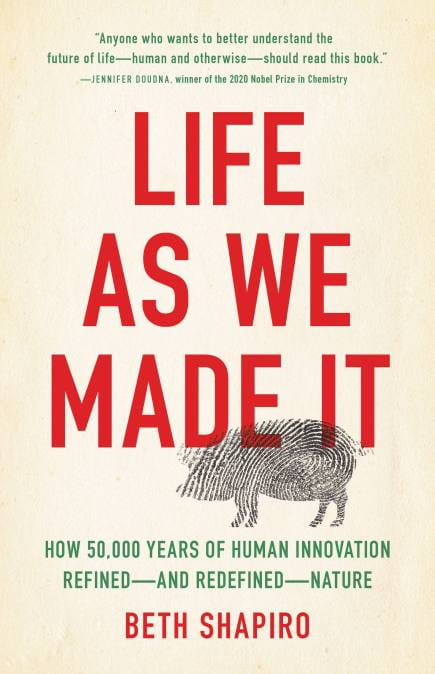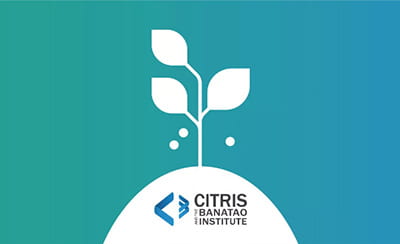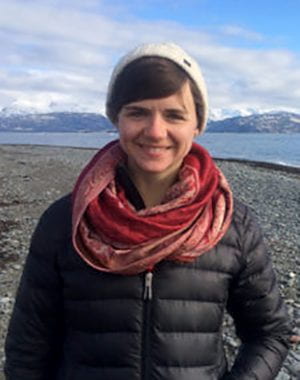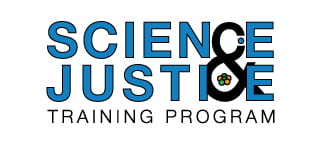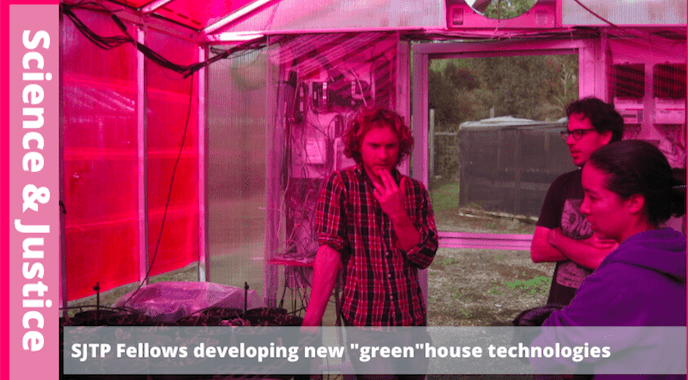With colleagues at the UC Davis Feminist Research Institute (FRI) and the UCSC Science & Justice Research Center concluded a seed fund grant awarded in 2019 from CITRIS and the Banatao Institute at the University of California under “2019-0112: Comparative Analysis of Interdisciplinary Training for STEM Scholars”.
More at: UC Santa Cruz researchers win four CITRIS seed funding awards
Summary
This project set out to compare two graduate training programs that center issues of gender, race, and social justice as fundamental to science training in STEM curriculums. Our comparison centered around the introductory seminars to the training programs taught during Winter 2020 by Dr. Kalindi Vora (UCD) and Dr. Jenny Reardon (UCSC).
FRI gathered data using field notes and a retrospective survey to analyze Seminar participants’ experiences. Notes, taken by the Graduate Student Researcher Maya Cruz, consisted of observations and analysis of seminar modules, discussions, and group activities. SJRC also gathered data through a retrospective participant survey, and Graduate Student Researcher Dennis Browe conducted an interview with SJRC’s Founding Director Jenny Reardon about the evolution of the Training Program and her experience teaching the introductory seminar. Due to IRB delays and campus disruptions, SJRC did not gather Seminar field notes. Both surveys asked participants to reflect on their learned capacity to recognize power and injustice in research environments; to intervene in research cultures and enact change-oriented research and practice; how their understandings of science and justice shifted throughout the course; and their experiences of diversity, equity, and inclusion initiatives in their fields. GSRs Browe and Cruz met over Summer 2020 to compare findings and share the results with the team for discussion.
While each Seminar was taught through the unique lens of FRI and SJRC, overall they offered the same types of tools, models, and skillsets for guiding STEM graduate students through thinking about issues of gender, race, and justice in their work and fields. They covered topics such as the politics of doing science; critically interrogating how knowledge gets produced and claims to objectivity and neutrality; and thinking about intersectionality, race, and the promises and pitfalls of anti-racist technoscience. Additionally, we found that enrolling graduate students from a wide range of disciplines is key to fostering generative conversation. FRI enrolled students from eight disciplines and SJRC enrolled students from six. Building trust within the Seminar communities was necessary to being able to think through the hard questions that often lay implicit within the students’ scientific fields. Both Seminars also found it pedagogically effective to invite relevant postdocs, visiting scholars, and faculty as module participants and discussion leaders. Both Seminars focused on experiential learning through hands-on projects. The culmination of both classes was a final project that effectively guided students to apply a feminist and justice-oriented lens to their fields. At SJRC, this took the form of a collaborative project, while at FRI, this took the form of instructional design.
Based on our findings, FRI and SJRC will continue to proactively recruit more science and engineering graduate students into their seminars. Further, both FRI and SJRC recognize the pedagogical importance of linking the course syllabus assignments to the events and projects happening concurrently at the Institute/Center during the academic year. Both will continue to build these connections within each respective Institute/Center, while also developing further collaborations between the campuses. Specifically, FRI and SJRC plan to host a cross-campus graduate student event over Zoom later this year, consisting of a roundtable discussion and manifesto writing workshop.
